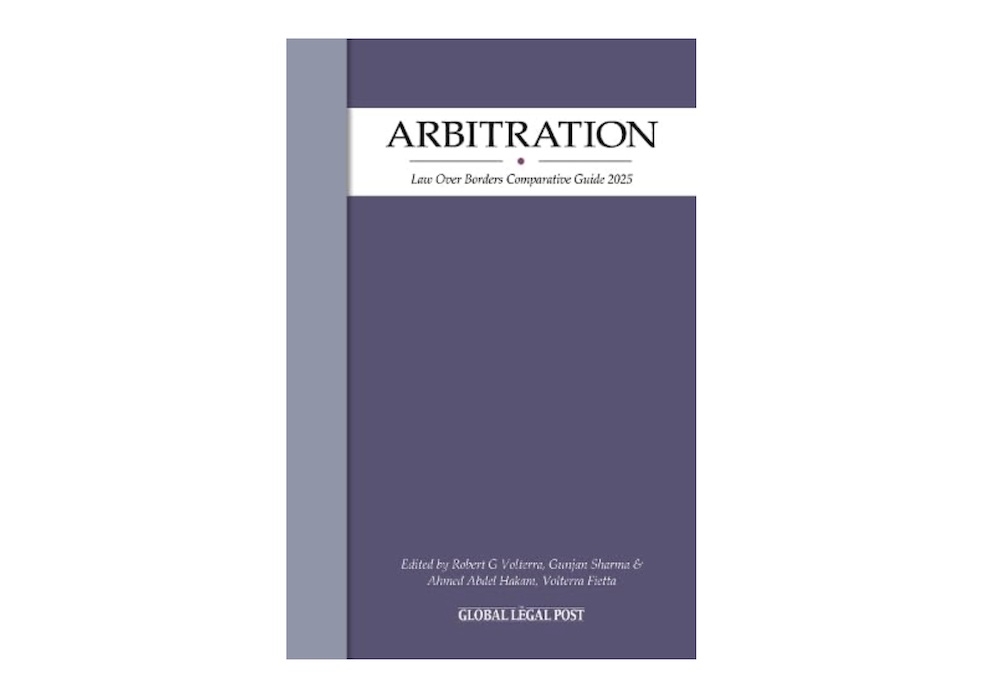On 24 January 2017, the International Trade Committee of the European Parliament voted in favour of approving the Canada-European Union (“EU”) Comprehensive Economic and Trade Agreement (“CETA” or the “Agreement”). After a nearly nine-year process of consultations, negotiation and legal review, the CETA therefore took one crucial step closer to its provisional entry into force.
The Agreement must now be approved by the European Parliament, in a vote scheduled for February 2017. Canada is engaged in a similar parliamentary approval process. Both parties anticipate a positive outcome. Once parliamentary approval is secured, those aspects of the Agreement falling exclusively within EU competency will provisionally be applied as of April 2017.
Provisional entry into force will grant Canadian and European businesses the advantages of virtually all aspects of the Agreement, including:
- enhanced conditions for cross-border trade in goods (including the immediate virtual elimination of all tariffs, facilitation of customs procedures, enhanced measures to address both technical barriers to trade and sanitary and phytosanitary measures, mechanisms for further regulatory cooperation, and commitments with regard to subsidies);
- enhanced conditions for cross-border trade in services (including immediate new commitments on market access, temporary entry of key personnel, mutual recognition of professional qualifications, and domestic licensing and qualification requirements);
- industry-specific access and non-discrimination commitments, including in respect of financial services, telecommunications, e-commerce, and international maritime transport services, as well as enhanced dialogue in specific industries such as biotech, forest products, raw materials;
- new commitments to enhanced intellectual property protections;
- non-discriminatory access to public procurement opportunities;
- commitments with regard to competition policy, as well as non-discriminatory behaviour of State enterprises and monopolies;
- undertakings to uphold labour, environmental and sustainable development objectives; and
- a range of investment protections, including market access, national treatment, most-favoured-nation treatment, and free transfer of investment returns.
Overall, the provisional entry into force of the CETA stands to provide European and Canadian business immediate, substantial new trading and investment advantages and access, as well as mechanisms to promote future enhancements to Canada-EU trade and investment conditions.
As for the aspects of the CETA not subject to provisional application, they include some substantive investment protections – notably, the specifically-defined “fair and equitable treatment” obligation, and protection against expropriation – as well as the proposed Investment Court System for enforcement of investor-State obligations. To the extent provisionally adopted, investment protections will be limited to “foreign direct investment” (i.e., excluding portfolio investment (passive minority shareholding)).
These carve-outs from provisional application reflect current controversies within the EU regarding the so-called “mixed competency” for investment protection, and related calls for parliamentary approval of these aspects of the Agreement by each Member State’s national parliament.
The latter approvals are not guaranteed. However, by the time full ratification is sought, the advantages of the Agreement in terms of enhanced trade and investment conditions should already be apparent, and its effects felt. National parliaments may be reluctant to put in jeopardy these advantages. In this way, provisional entry into force of the CETA could help haul the Agreement over the ultimate finish line.
Pending full entry into force of the CETA’s investment protections, existing foreign investment promotion and protection agreements (“FIPAs”) between Canada and a range of Eastern European States will remain in force. These existing protections therefore should remain an important consideration for Canadian businesses structuring investments in Europe, and vice versa.



